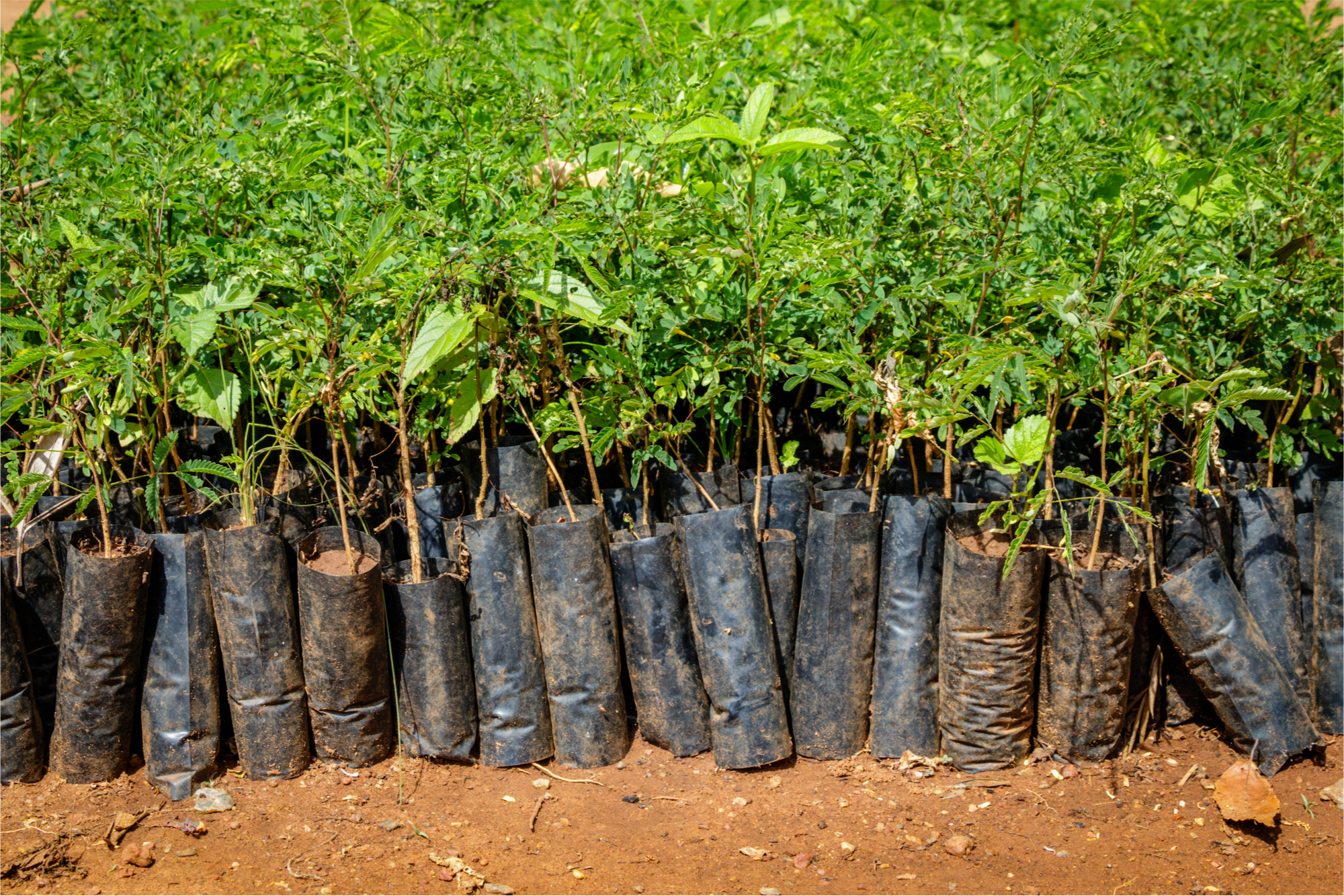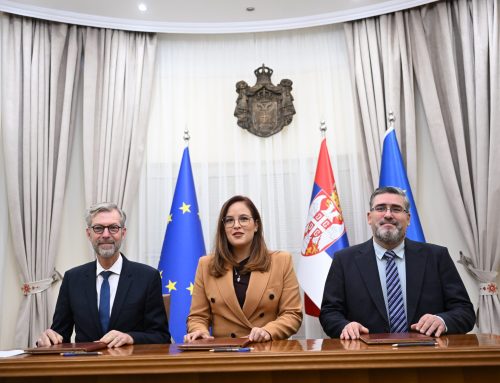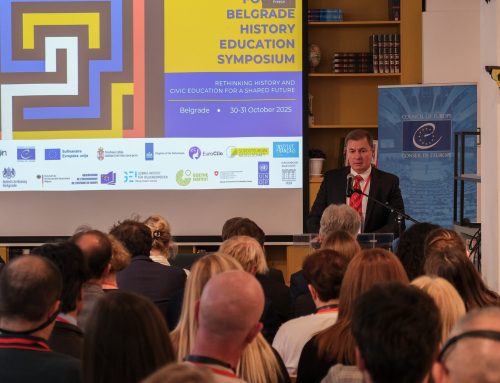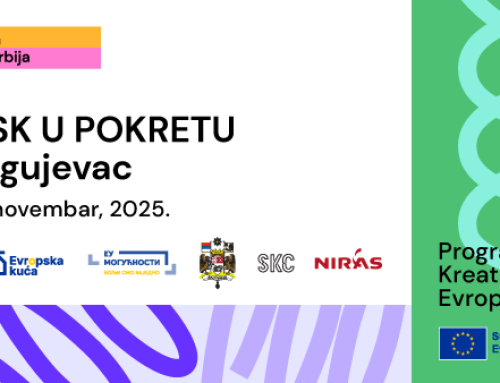“We want to work together with nature, not against nature, ” said Antoine Avignon, program manager of the European Union Delegation to Serbia.
Avignon is one of the experts in the field of ecology, who participated in the online panel “Expanding nature-based solutions to adapt to climate change and reduce the risk of disasters.”
“I believe that nature-based solutions exist,” he said, citing forest protection and the fight against soil erosion as examples.
He also reminded that the European Union pays a lot of attention to environmental issues, and examples of that are the Green Deal and the Green Agenda for the Western Balkans.
“If there is political will, then what do we lack to work faster and more efficiently? “Because – we don’t have time to lose “, says Avignon.
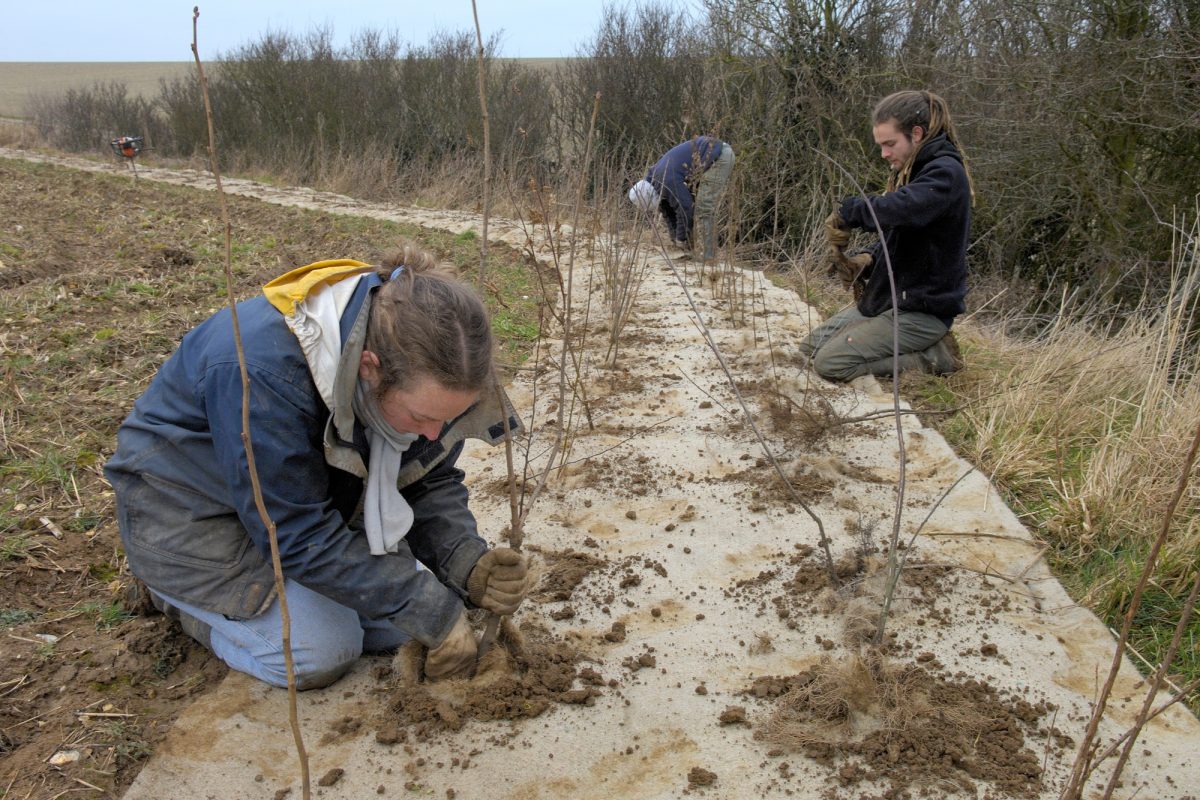
The legal framework is the first step, and then we need to apply it in practice, Avignon concluded.
Decarbonisation, the fight against pollution, biodiversity, the circular economy and sustainable agriculture are the five pillars of the Green Deal.
During the panel, Titta Lassila from the Swedish International Development Cooperation Agency (Sida), Dominique Otberg from the French Development Agency, Director of the Western Balkans Office, Boris Erg – Director of the International Union for Conservation of Nature (IUCN), and Sandra Nedeljkovic, Deputy Director of the Public Investment Management Office, also addressed the panel.,
Nedeljkovic drew attention to the unusual situation in which Serbia finds itself: during the existence of Yugoslavia, disaster defence systems, the civil protection system, was quite well developed, and Western countries learned from us and copied those systems, she said. For some reason, this field was neglected during the democratic changes. Now disaster defence is in focus again.
The panel debate was organized by the IUCN Regional Office for Eastern Europe and Central Asia (ECARO) under ADAPT: Nature-based Solutions in the Western Balkans, a project funded by the Swedish International Development Cooperation Agency (Sida) and implemented by IUCN ECARO.
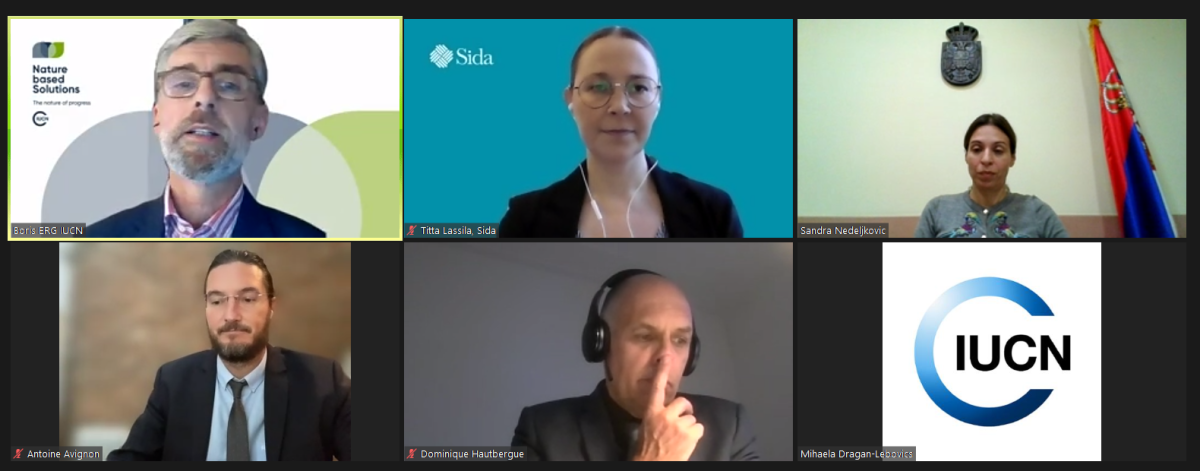
The session was recorded and will be shown during the European Forum for Disaster Risk Reduction, which will take place from November 24 to 26 this year.
The support of the European Union for environmental protection in Serbia has amounted to more than EUR 402 million since 2000. The funds are used to protect water and water supply, treat wastewater, address industrial pollution and manage risks, support legislative reforms and build public administration capacity. Furthermore, they are used to improve waste management, civil protection, air protection and chemical management.
The European Union understands that environmental pollution and excessive consumption of natural resources are unsustainable and that they create long-term costs that outweigh the economic benefits and endanger the health and quality of life of citizens.
The support from the European Union is implemented in cooperation with the Serbian Government. The European Union is a larger donor for the development of Serbia than all other international donors combined. The EU donations are used for the development of Serbia.

